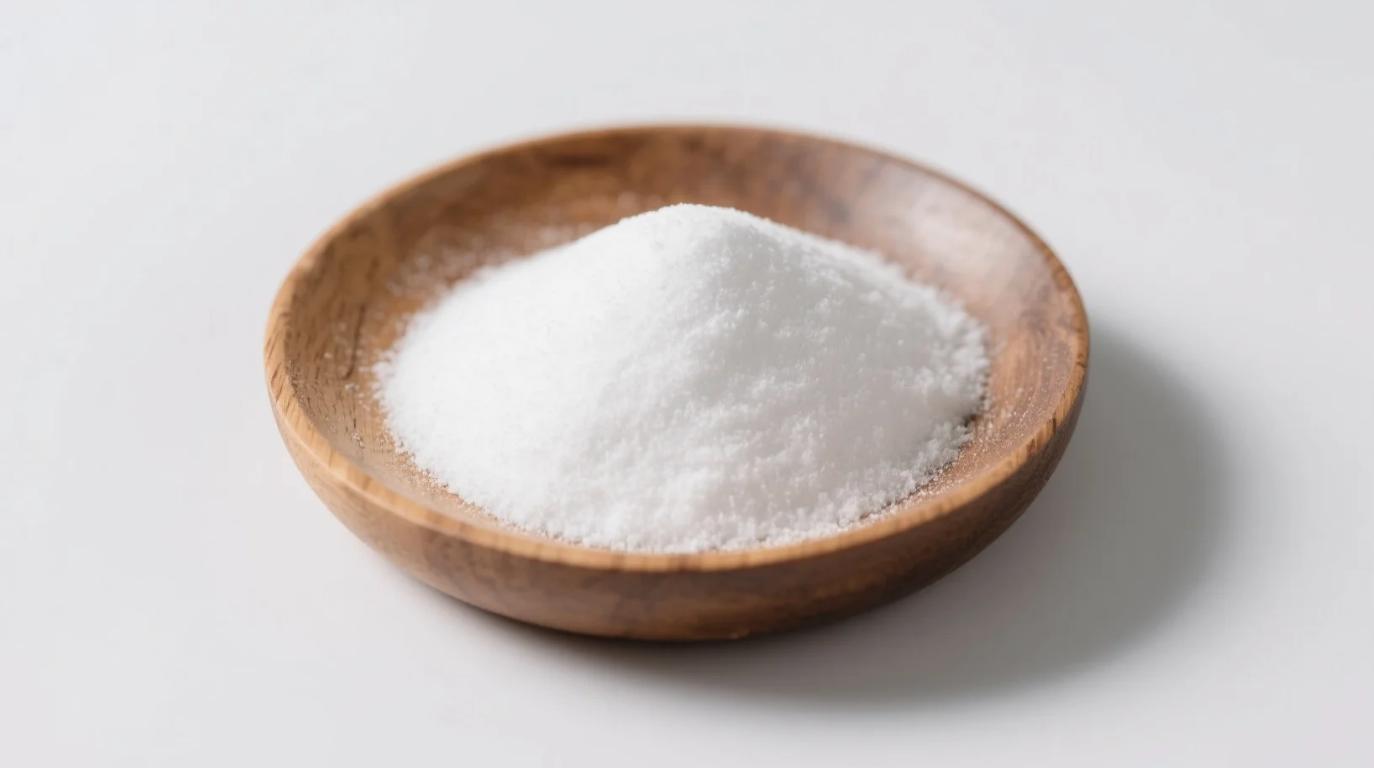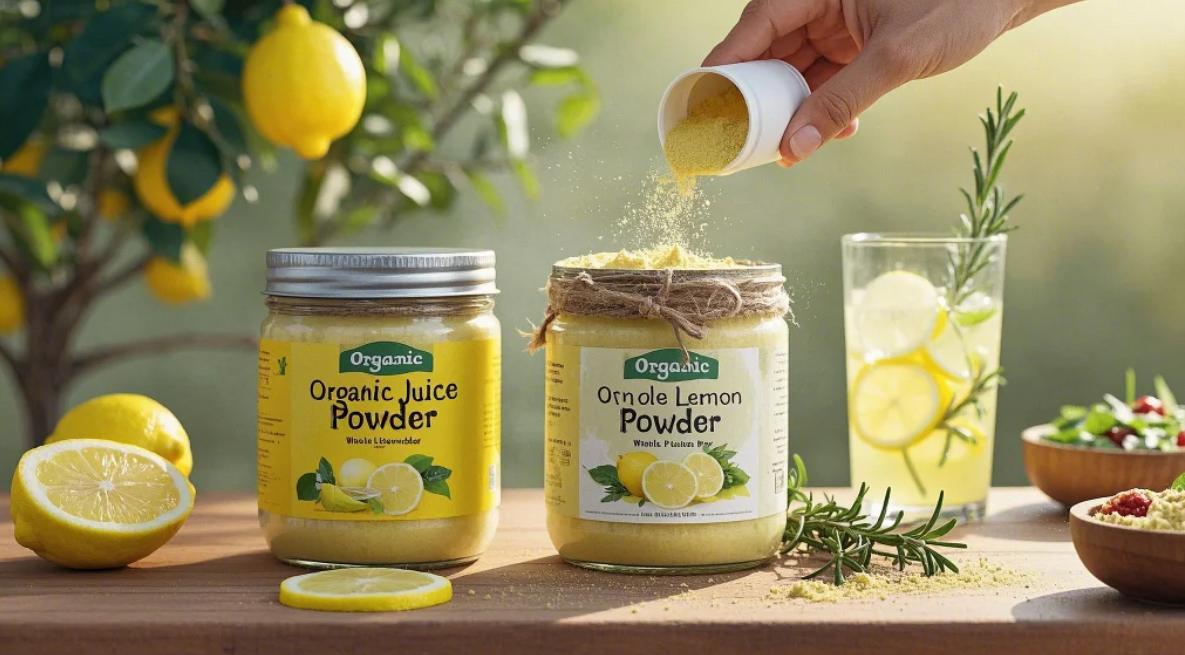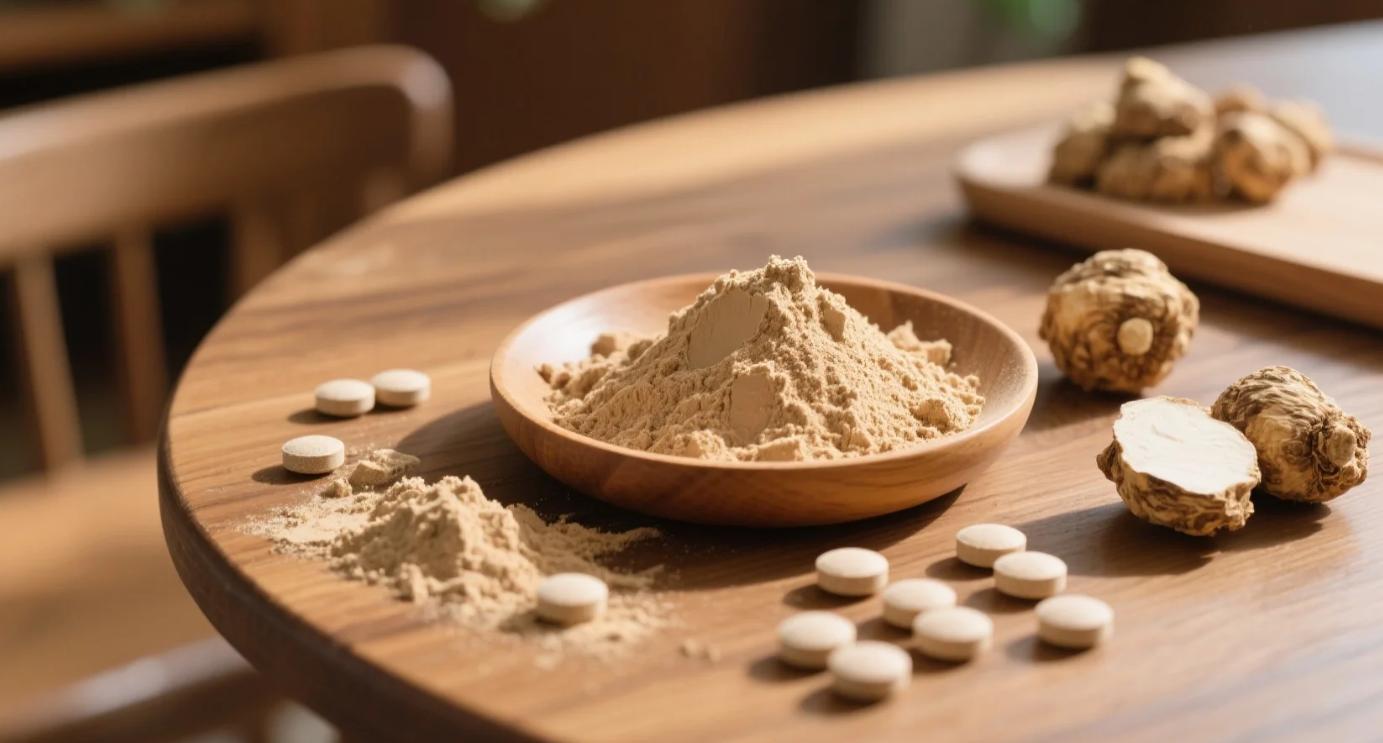Table of Contents
In the world of natural sweeteners and quick energy sources, organic dextrose powder stands out as a fundamental and highly effective ingredient. Also known as glucose powder, it’s a simple sugar derived from non-GMO corn or tapioca starch, offering a clean, mild sweetness and rapid energy. Whether you’re an athlete needing fast fuel, a home baker crafting delicate desserts, or a brand committed to clean-label formulations, selecting the right organic dextrose is key.
Let’s dive into what makes organic dextrose powder a valuable addition and how to make the best choice for your specific needs.
What Makes Dextrose Unique? Fast Energy with a Clean Profile
Dextrose is chemically identical to glucose, the primary sugar your body uses for energy. This direct form of sugar is absorbed incredibly quickly, making it a go-to for immediate energy boosts.
Choosing organic dextrose powder means prioritizing purity and responsible sourcing:
- Clean Sourcing: Organic certification guarantees the base starch (e.g., corn or tapioca) is cultivated without synthetic pesticides, herbicides, or GMOs. This ensures a purer raw material for your product.
- Minimal Processing: Organic standards adhere to responsible manufacturing processes, avoiding harsh chemicals and promoting environmentally sound practices.
- Transparent Labeling: “Organic Dextrose” offers a clear, understandable ingredient statement, resonating with consumers who seek natural and transparent food products.
Your Smart Shopper’s Checklist: What to Look For
When you’re ready to purchase organic dextrose powder, keep these crucial factors in mind:
- Always Verify “Organic” Certification:
- Why it Matters: This is your strongest assurance of quality and purity. It confirms the product meets stringent organic standards from its origin to the final powder.
- Look For: Clearly displayed organic certification logos (like USDA Organic, EU Organic, or JAS in Japan) prominently on the packaging.
- Identify the Starch Source (e.g., Organic Corn, Organic Tapioca):
- Why it Matters: While dextrose itself is chemically the same regardless of its plant source, consumers often have preferences. Organic Tapioca Dextrose is a popular choice for those looking to avoid corn-derived ingredients.
- Look For: The origin clearly stated on the ingredient list, such as “organic tapioca dextrose” or “organic corn dextrose.”
- Check for “Anhydrous” or “Monohydrate” (and why it generally doesn’t matter for most uses):
- Why it Matters: Dextrose comes in two common forms: anhydrous (water-free) and monohydrate (contains a molecule of water). Anhydrous is slightly purer and dissolves a bit faster but costs more. Monohydrate is more common and perfectly suitable for most food and supplement applications.
- Look For: The label might specify “anhydrous dextrose” or “dextrose monohydrate.” For general use, either is fine.
- Consider Fineness and Solubility:
- Why it Matters: A finer powder will dissolve more quickly and smoothly, which is important for beverages and quick energy mixes.
- Look For: Customer reviews mentioning ease of mixing, or if buying in person, feel the texture (it should be very fine and free-flowing).
- Examine Packaging and Storage Instructions:
- Why it Matters: Dextrose is hygroscopic (it attracts moisture) and can clump if not stored properly.
- Look For: Airtight, moisture-resistant, and resealable packaging. Store in a cool, dry place to prevent caking.
By keeping these points in mind, you can confidently select an organic dextrose powder that perfectly suits your needs, whether for rapid energy, clean-label sweetening, or enhancing your culinary creations. Enjoy the purity and versatility of this essential carbohydrate!
Related Products
Organic Dextrose Powder
A simple, naturally derived sugar from organic corn starch, offering clean sweetness,…


